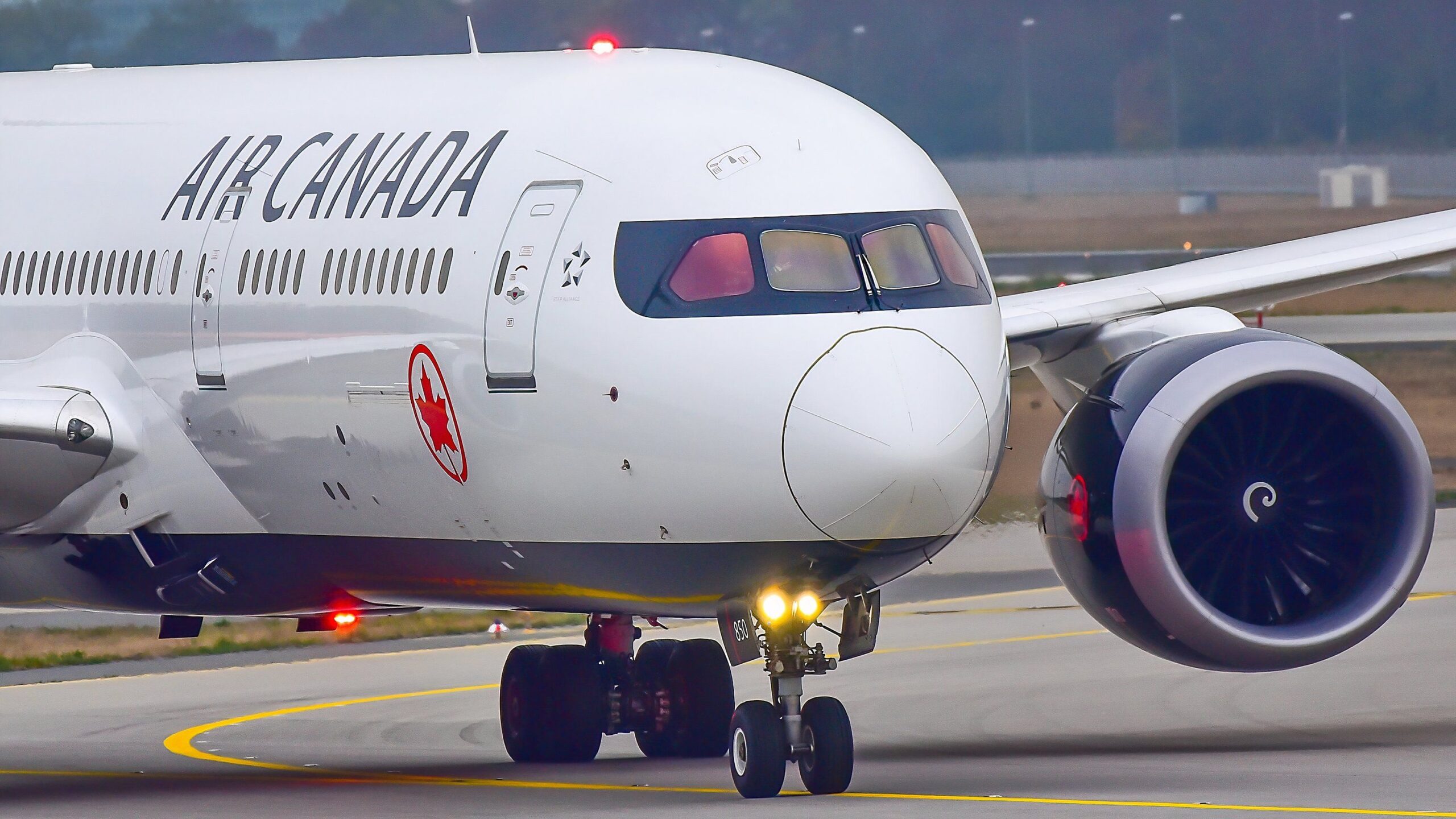Air Canada has reported a significant financial setback due to a flight attendant strike that occurred on August 16, 2023. The airline estimates that the strike, which resulted in the cancellation of over 3,200 flights, cost approximately US $270 million (CA $375 million). As a consequence, Air Canada has revised its financial forecast, projecting earnings of up to US $2.23 billion (CA $3.1 billion) for the current financial year, according to the Financial Post.
Based in Montreal, Air Canada operates from three major hubs: Montréal–Trudeau International Airport (YUL), Vancouver International Airport (YVR), and Toronto Pearson International Airport (YYZ). The strike was initiated by more than 100,000 flight attendants, who left their posts in protest of ongoing pay disputes. This labor action severely disrupted operations, leading to a massive wave of cancellations and impacting thousands of passengers.
Impact on Revenue and Customer Compensation
The financial repercussions extend beyond lost ticket sales. Air Canada is also facing substantial costs associated with customer refunds and compensation claims. Estimates suggest that the airline may owe over US $47 million (CA $66 million) to affected passengers, particularly due to the inconvenience caused by flight cancellations. A report by Money.ca highlights the challenges passengers face under Canadian law when seeking compensation.
In addition to the lost revenue, the airline experienced a 2% decline in booking demand during August, as reported by Travel Mole. Although some costs were partially offset by savings from pre-purchasing jet fuel at lower prices, Air Canada must still account for a one-time charge of US $125 million (CA $175 million) related to pensions and labor expenses.
The strike was marked by significant tension between the airline and the Canadian Union of Public Employees (CUPE), which represents the flight attendants. After a 72-hour notice issued prior to the strike on August 13, the union’s members defied a back-to-work order from the Canadian Labour Board. Although union leaders reached a tentative agreement with Air Canada, the deal was ultimately rejected by the membership, leading to arbitration between the two parties.
Widespread Passenger Disruptions
The impact of the strike was felt globally. Zohair Khan, co-founder and chief operating officer at Airfairness, commented to the Globe and Mail on the extensive disruptions: “I don’t think people realize the number of travellers in the air at any given day of the year – three days and over half a million people impacted around the world.”
More than 54,000 passengers found themselves stranded in Europe, with another 15,000 affected in the United Kingdom. Overall, over 551,000 passengers worldwide had their flights directly impacted by the strike. According to Canadian regulations, passengers whose flights were cancelled or delayed by more than three hours are entitled to travel change options or refunds for the unused portions of their tickets. In cases of significant delays, compensation claims can reach up to US $720 (CA $1,000).
The Air Canada strike marks a significant moment in Canadian labor history, as CUPE became the first union to resist a return-to-work order. The airline remains the largest in Canada, operating a fleet of over 200 Airbus and Boeing aircraft, with plans for more than 100 additional planes on order. Recently, Air Canada was recognized as the 2025 North American Airline of the Year by Skytrax, further underlining its status in the aviation industry despite the current challenges.







































































